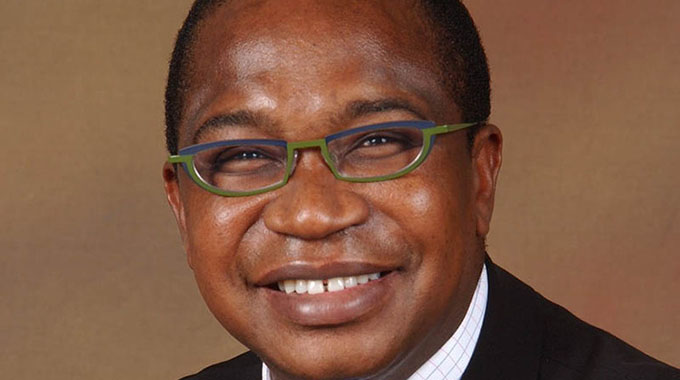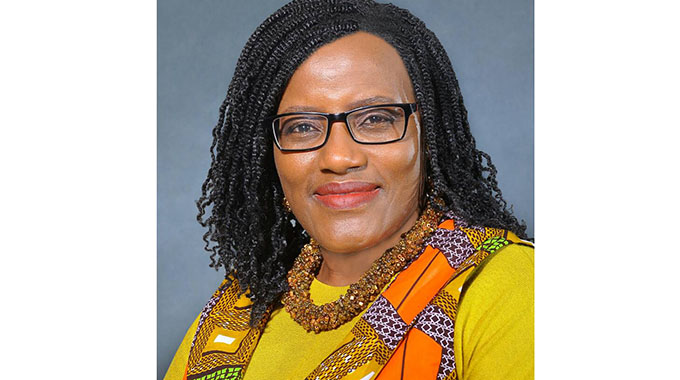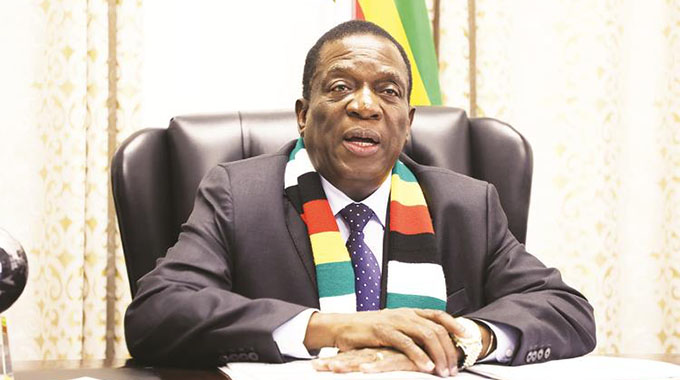Zim steps up re-integration efforts

Africa Moyo Deputy News Editor
GOVERNMENT is developing numerous strategies such as establishing the Zimbabwe Investment Development Agency (ZIDA) — a one-stop-investment services centre — and accelerating implementation of the ease and cost of doing business reforms, as the country intensifies efforts to integrate with the world.
Further, Zimbabwe is promoting joint ventures in infrastructure projects; implementing Special Economic Zones; streamlining regulations and policies affecting export processes and manufacturing in general; and supporting activities of small and medium enterprises (SMEs) by promoting linkages with the rest of the business world, and in particular Africa.
This was said by Finance and Economic Development Minister Professor Mthuli Ncube last week while addressing the 54th Annual Meetings of the Boards of Governors of the African Development Bank and the 45th Annual Meeting of the African Development Fund in Malabo, Equatorial Guinea.
He said Zimbabwe wanted to be a member of various continental bodies such as Southern African Development Community (SADC), the Common Market for Eastern and Southern Africa (Comesa) and the African Union (AU), as part of the integration process.
“The new economic dispensation, led by His Excellency, President Emmerson Dambudzo Mnangagwa, is committed to promoting integration through the provision of an enabling environment, as well as being a member to a number of regional and continental bodies such as SADC, Comesa and the AU,” said Prof Ncube.
“The Government of Zimbabwe is prioritising re-engagement with the international community to attract Foreign Direct Investment (FDI) under the dictum – ‘Zimbabwe is Now Open for Business’.
“. . . it is through this initiative (integration) that we will be able to transform our economies and address challenges of unemployment, poverty, trade deficits and value addition of our exports. We need to religiously pursue our integration strategy for the betterment of our economies and people.”
Apart from streamlining the country’s laws and improving the cost and ease of doing business, Zimbabwe has also prioritised implementation of the SADC, COMESA and African Union integration strategies that promote the development of shared infrastructure, as part of integrating with the continent.
Prof Ncube said the AfDB meetings’ theme, “Regional Integration for Africa’s Economic Prosperity”, resonated well with the AU’s thrust to make Africa a borderless continent, which was a dream of the continent’s leaders.
He said the theme was also in tandem with the AfDB’s High 5 priorities, one of which is, “Integrate Africa”.
Research by the AfDB shows that intra-African trade is the lowest of all global regions at approximately 15 percent compared to 54 percent in the North America Free Trade Area, 70 percent in the European Union and 60 percent in Asia.
This makes integration essential for Africa’s development to bring benefits as it strengthens competitiveness and trading capacity, market expansion and upgrading of value chains.
President Mnangagwa has indicated that re-engaging all countries is his top priority.
The Unites States, Britain and the Commonwealth, among others, have already been engaged.
Foreign Affairs and International Trade Minister Dr Sibusiso Moyo has said Zimbabwe is now pursuing “economic diplomacy” to facilitate economic growth.
Meanwhile, Prof Ncube told the AfDB bosses that reforms being implemented under TSP are showing positive developments as the twin deficit challenges of the fiscal and the current account are coming under control.
Government has started realising a budget surplus after containing expenditures by reducing the wage bill and plugging revenue leakages through improving Zimra’s Tax Management Revenue System, and revenue enhancement measures such as a 2 percent intermediated money transfer tax.
Further, he called for the extension of the four-year mandate for the Zimbabwe Multi-Donor Trust Fund (ZimFund), which expires in October 2019.
Prof Ncube said implementation of certain approved activities was expected to go beyond the mandate of the current ZimFund programme, hence the need “to extend the mandate of ZimFund by a year to enable completion of the project activities”.
The AfDB manages the ZimFund, which has seen tremendous improvement in power and water and sanitation projects, with state-of-the-art equipment being installed.
Outgoing executive director Dr Heinrich Gaomab II, who visited Harare in February, witnessed the impact of the projects under ZimFund.
Government is awaiting the approval under ADF14 three projects; Zimbabwe – Zambia – Botswana – Namibia Interconnector Project (US$27,30 million) regional power project; Zimra covering the acquisition of the Tax Management System (US$2 million); and contribution to the feasibility study for the Batoka Gorge Hydro-Electric Scheme (US$1,4 million).











Comments